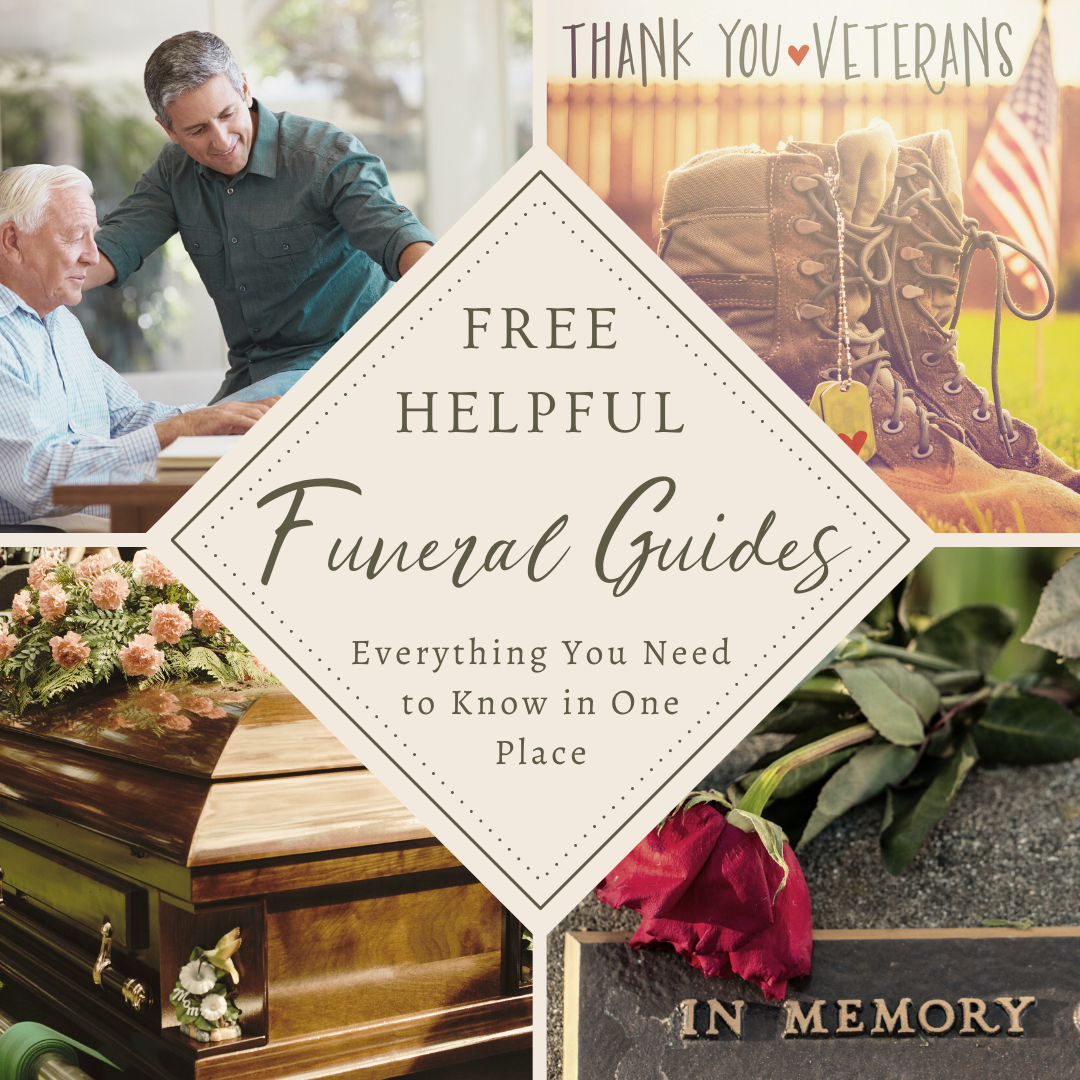Not all hospice organizations are equal. It is important to make sure that the hospice organization you choose is a good fit for your family and your situation.

Not all hospice organizations are equal. It is important to make sure that the hospice organization you choose is a good fit for your family and your situation.
The internet is full or both heart-warming and heart-breaking stories of hospice experiences. There is one thing that everyone agrees on – the more information you have, the better decision you will make.
When a doctor decides that your loved one needs at-home or in-patient hospice care, it is important to be ready to seek out some key pieces of information
1. Seek experience from others - Ask people know who have had a family member in hospice care what their experience was like with each of the hospices available. You can also use the internet to read reviews of the hospice organizations you are considering. But remember to read these reviews with a critical eye. People are more likely to write negative reviews than positive ones. A few negative reviews can skew the review score if an organization only has a few reviews. And a bunch of glowing, positive reviews may not be reflective of the actual organization either, as it is unlikely that every client is happy all the time.
2. Check for Accreditation - Is the hospice state-licensed AND accredited by one of the national organizations like "Joint Commission for Accreditation of Health Care Agencies” or "Community Health Accreditation Program”? It may mean some time writing emails or talking on the phone, but you need to get in touch with both the licensing and accrediting organizations and ask about each hospice you are considering. Here are some things to ask:
· Do they have a history of complaints?
· Have they ever been sanctioned, fined, or otherwise punished for breaking the rules?
· Have they ever been the subject of any official investigation and if so, by who and what for?
3. Confirm referrals and recommendations - Many hospices are connected with other community institutions like hospitals or nursing homes. Make an appointment with the administrators and find out why they choose this hospice to work with. Ask if they ever choose other hospice providers or if they always use the one they are affiliated with.
4. Ask the tough questions - Make an appointment with the administrator of each hospice and ask:
· What do they expect from the family?
· Are they fully staffed at every level?
· Are they able to provide every level of care both at-home and for in-patients?
· Are they able to respond to a 3 AM weekend crisis at home, and what is their expected response time?
· Are they able to provide references – families of former patients you can talk with?
5. Find out what their processes are - If your loved one will begin with at-home hospice care, does the hospice have its own in-patient facility when/if needed? If not, where do their in-patients go? Make sure to visit and evaluate either their in-house facility or any facility that they use.
6. Ask about training and level of care -
· Are physicians/nurses are trained and qualified for palliative care?
· Are there any circumstances in which they believe that pain medication should be limited?
· Are they staffed and equipped to go beyond the Medicare required medical services if needed by a patient?
· Are they prepared to individualize a patient’s dietary & religious preferences?

